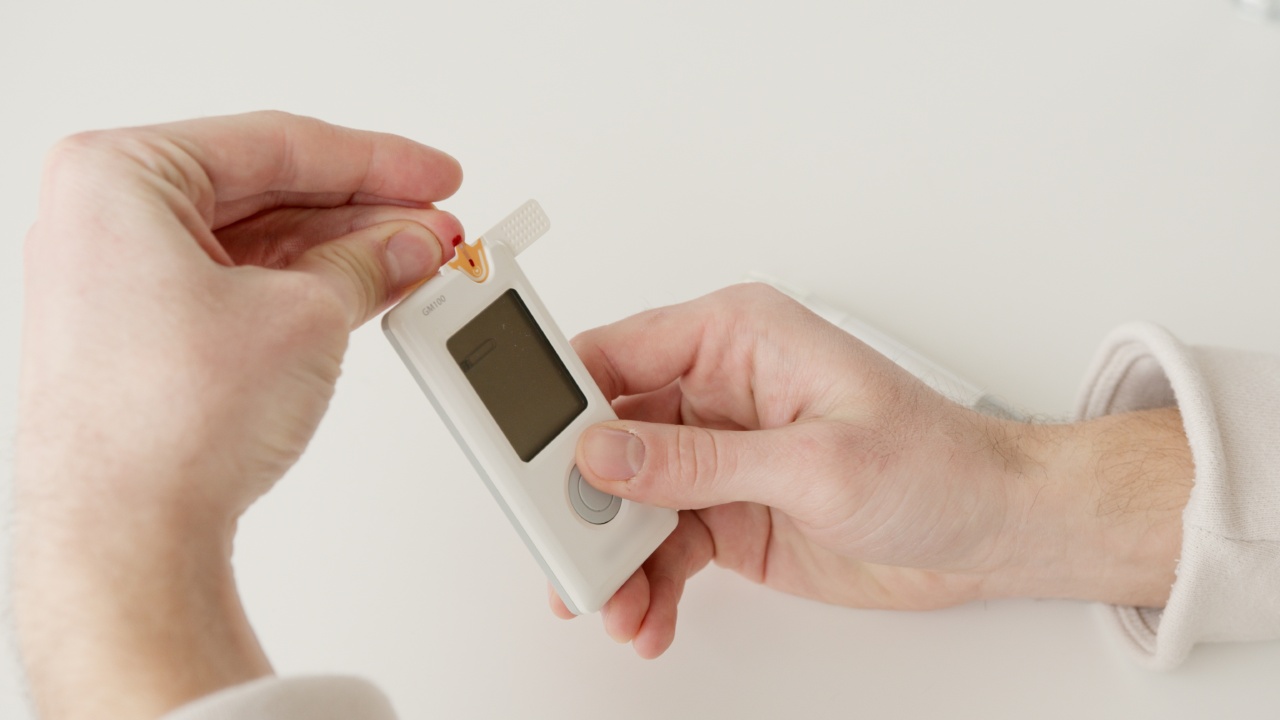Diabetes is a chronic illness that affects millions of people worldwide. It is characterized by high levels of sugar in the blood, which can lead to various complications if not properly managed.
While diet and lifestyle play significant roles in diabetes management, hormones also play a crucial role in regulating blood sugar levels. In this article, we will explore the hormone connection in diabetes and how understanding this intricate balance can help individuals effectively manage their condition.
Understanding Diabetes
Diabetes is a metabolic disorder that occurs either when the pancreas does not produce enough insulin or when the body cannot effectively use the insulin it produces. Insulin is a hormone produced by the pancreas that helps regulate blood sugar levels.
There are two main types of diabetes: type 1 and type 2.
The Role of Insulin
Insulin is a hormone that allows cells to take in glucose from the bloodstream and use it as an energy source. It acts as a key that unlocks the cells, enabling glucose to enter.
In individuals with type 1 diabetes, the immune system mistakenly attacks and destroys the insulin-producing cells in the pancreas. As a result, the body cannot produce enough insulin, and glucose levels in the blood rise.
In type 2 diabetes, the body becomes resistant to insulin or does not produce enough insulin to meet the body’s needs. This can happen due to a variety of factors, including obesity, sedentary lifestyle, genetics, and hormonal imbalances.
The Role of Glucagon
While insulin helps lower blood sugar levels, another hormone called glucagon plays an equally important role in maintaining blood sugar balance. Glucagon is produced by the pancreas and acts in opposition to insulin.
When blood sugar levels drop too low, such as during fasting or exercising, glucagon signals the liver to release stored glucose into the bloodstream to raise blood sugar levels.
In individuals with diabetes, the balance between insulin and glucagon is disrupted. In type 1 diabetes, there is a lack of insulin, resulting in uncontrolled blood sugar levels.
In type 2 diabetes, the body may produce insulin but not use it effectively, leading to glucagon levels remaining high and causing increased blood sugar levels.
The Impact of Cortisol
Cortisol, often referred to as the stress hormone, also plays a significant role in blood sugar regulation. It is released by the adrenal glands in response to stress or low blood sugar levels.
Cortisol stimulates the liver to release glucose into the bloodstream, providing the body with a quick energy source to combat stress or prevent low blood sugar.
However, prolonged periods of stress can lead to chronically elevated cortisol levels, which can interfere with insulin function and contribute to insulin resistance. This can worsen diabetes control and increase the risk of complications.
Connection with Growth Hormone
Growth hormone is another hormone that affects blood sugar levels. It is produced by the pituitary gland and plays a crucial role in childhood growth and metabolism.
Growth hormone reduces the body’s sensitivity to insulin, promoting higher blood sugar levels. In individuals with diabetes, an excess of growth hormone can lead to increased insulin resistance and poor blood sugar control.
The Thyroid Connection
The thyroid gland produces hormones that regulate metabolism and influence many bodily functions. Thyroid hormones, particularly thyroxine (T4) and triiodothyronine (T3), affect insulin sensitivity and glucose metabolism.
Abnormal thyroid hormone levels, such as hypothyroidism or hyperthyroidism, can disrupt blood sugar balance and contribute to the development or worsening of diabetes.
Estrogen and Testosterone
Sex hormones, such as estrogen and testosterone, also play a role in blood sugar regulation. Research has shown that estrogen can enhance insulin sensitivity and protect against insulin resistance.
In contrast, lower levels of estrogen in menopausal women can lead to insulin resistance, increasing the risk of developing type 2 diabetes.
Testosterone, predominantly found in males, also contributes to blood sugar control. Low testosterone levels have been associated with insulin resistance and an increased risk of developing type 2 diabetes in men.
Stress Management and Diabetes
Given the influence of cortisol on blood sugar levels, stress management is crucial for individuals with diabetes.
Incorporating stress-reducing activities such as exercise, mindfulness practices, and adequate sleep can help lower cortisol levels and improve blood sugar control.
Hormone Replacement Therapy
In some cases, hormone replacement therapy (HRT) may be recommended to help balance hormone levels in individuals with diabetes.
For example, women experiencing hormonal imbalance due to menopause may benefit from estrogen replacement therapy to improve insulin sensitivity and reduce the risk of diabetes-related complications.
Conclusion
Diabetes is a complex condition influenced by various factors, including hormones. Insulin, glucagon, cortisol, growth hormone, thyroid hormones, estrogen, and testosterone all play crucial roles in regulating blood sugar levels.
Understanding the hormone connection in diabetes is essential for effectively managing the condition. By maintaining a healthy lifestyle, managing stress levels, and working closely with healthcare providers, individuals with diabetes can achieve better blood sugar control and reduce the risk of complications.































